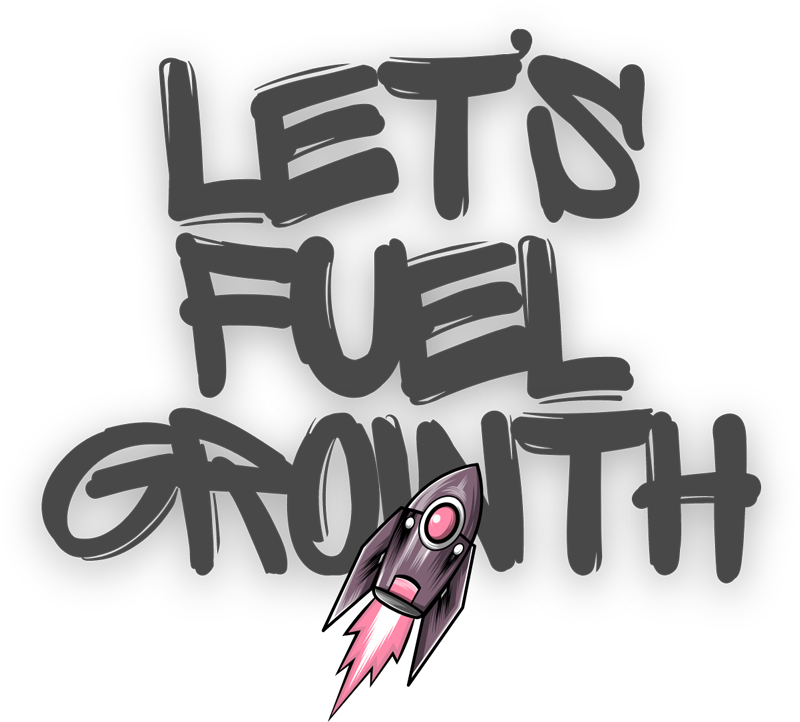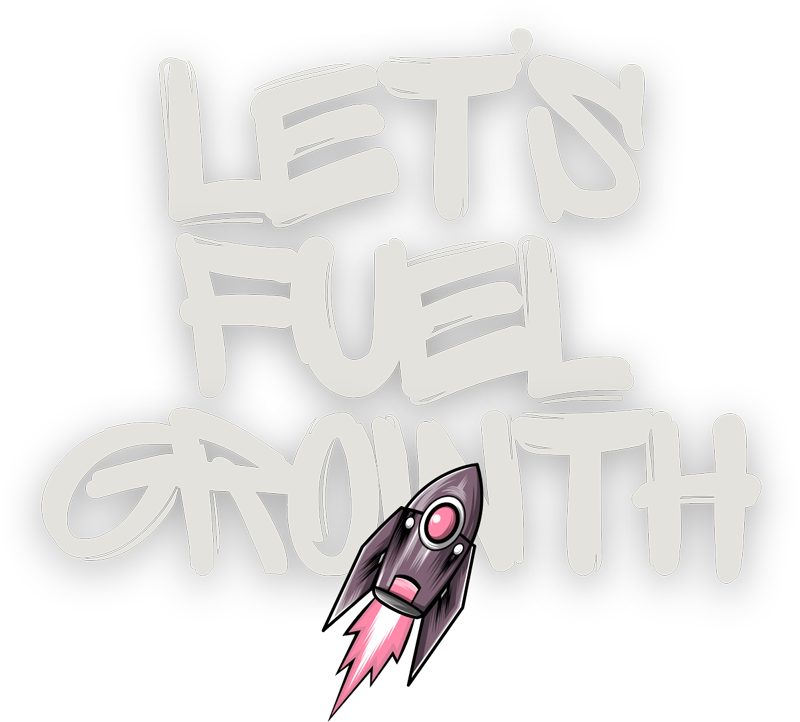
Understand Chronic Relapse: Causes, Triggers & Paths to Prevention
Breaking the Cycle of Setbacks
Recovery from addiction is rarely a straight line. For many, it’s a journey filled with victories, setbacks, and lessons along the way. One of the most challenging parts of that journey is relapse, when someone returns to substance use or destructive behaviors after a period of recovery. While relapse is often seen as part of the process, chronic relapse describes a repeating cycle that can feel impossible to escape.
But here’s the truth: chronic relapse does not mean failure, nor does it mean recovery is out of reach. Understanding what chronic relapse is, why it happens, and how to prevent it opens the door to healing, growth, and resilience.
In this article, we’ll define chronic relapse, explore the common causes and triggers, and share practical strategies for prevention, while highlighting the role of community, connection, and purpose-driven recovery programs.
Defining Chronic Relapse
Relapse, in simple terms, is a return to substance use or harmful behaviors after a period of improvement. It can happen in recovery from alcohol, drugs, gambling, or other addictions.
Chronic relapse goes a step further. It refers to a pattern of repeated relapses, when someone enters recovery but cycles back into relapse multiple times. For some, this cycle feels endless: detox, treatment, relapse, repeat.
However, chronic does not mean permanent. Many people who struggle with chronic relapse ultimately break the cycle and go on to live fulfilling, sober lives.
Key Statistics:
- According to the National Institute on Drug Abuse (NIDA), relapse rates for substance use disorders are 40–60%, similar to chronic illnesses like diabetes or hypertension.
- People with co-occurring mental health disorders are at higher risk of chronic relapse.
Takeaway: Chronic relapse is common and treatable. Like other chronic conditions, it requires long-term management and the right support systems.
Why Does Chronic Relapse Happen?
Chronic relapse is not caused by weakness or lack of willpower. It is usually the result of complex, overlapping factors that make it difficult to maintain long-term recovery.
1. Biological Factors
- Addiction alters brain chemistry, especially in the reward system.
- Cravings and withdrawal symptoms can persist long after detox.
- Genetics may play a role in vulnerability to relapse.
2. Psychological Factors
- Trauma, anxiety, depression, or unresolved grief can trigger relapse.
- Negative thought patterns (“I’ll never make it” or “I already failed”) can sabotage recovery.
3. Environmental Factors
- Returning to old neighborhoods, friends, or routines that involve substance use.
- Lack of a safe or supportive living environment.
4. Social and Emotional Factors
- Loneliness and isolation.
- Feeling misunderstood or stigmatized.
- Overconfidence in early recovery (“I don’t need support anymore”).
Common Triggers of Chronic Relapse
Relapse usually doesn’t happen suddenly, it’s a process that begins with triggers. Recognizing these early warning signs can help prevent the cycle from repeating.
Top Relapse Triggers:
- Stress and Anxiety – Overwhelming pressure at work, family conflict, or financial struggles.
- Negative Environments – Being in places or with people connected to past use.
- Social Pressure – Friends or peers who encourage substance use.
- Untreated Mental Health Conditions – Depression, PTSD, or anxiety without proper care.
- Lack of Coping Skills – Without healthy outlets, cravings may take over.
- Overconfidence – Thinking “I’m cured” and letting go of support systems too soon.
Table: Triggers vs. Prevention Strategies
| Trigger | Prevention Strategy |
| Stress at work | Practice mindfulness, therapy, stress management |
| Toxic relationships | Build new sober friendships, set boundaries |
| Social pressure | Attend support groups, find accountability |
| Mental health struggles | Seek counseling, medication if needed |
| Overconfidence | Commit to aftercare and ongoing support |
By identifying triggers early, individuals can take proactive steps before relapse occurs.
The Impact of Chronic Relapse
Chronic relapse doesn’t just affect the person in recovery, it ripples out to families, workplaces, and communities.
On the Individual
- Physical health declines from repeated substance use.
- Emotional toll: shame, guilt, loss of self-esteem.
- Hopelessness that makes seeking help harder.
On Families
- Financial strain from repeated treatment costs.
- Emotional exhaustion and trust issues.
- Fear of overdose or permanent damage.
On Communities
- Increased healthcare and social service costs.
- Lost productivity in workplaces.
- Stigma that discourages others from seeking help.
How to Prevent Chronic Relapse
Breaking free from chronic relapse requires a multi-layered approach that addresses mind, body, and environment.
1. Evidence-Based Therapies
- Cognitive Behavioral Therapy (CBT): Helps reframe negative thought patterns.
- Medication-Assisted Treatment (MAT): Supports recovery from opioid or alcohol dependence.
- Motivational Interviewing: Builds internal motivation for lasting change.
2. Aftercare & Long-Term Support
- Continued counseling, group therapy, or peer support.
- Sober living environments.
- Structured aftercare plans tailored to individual needs.
3. Lifestyle & Wellness Practices
- Exercise and physical fitness.
- Mindfulness practices such as meditation or yoga.
- Healthy nutrition to restore balance.
4. Community & Connection
- Volunteering and giving back.
- Adventure-based programs (like treks or retreats) that build resilience and purpose.
- Being part of a non-judgmental, supportive community.
Chronic relapse prevention is about replacing isolation with connection, and hopelessness with purpose.
Breaking the Cycle – Finding Hope and Healing
It’s important to remember that relapse is not the end of recovery. Each attempt provides valuable lessons and opportunities to build resilience.
At Let’s Fuel Growth, we’ve seen how people can turn chronic relapse into lasting recovery when they have:
- A supportive community behind them.
- Opportunities for growth through leadership workshops and adventure treks.
- A safe space where recovery is celebrated, not judged.
Many who once felt “stuck in relapse” now lead, mentor, and inspire others.
Every setback can be a setup for growth.
FAQs About Chronic Relapse
1.Is chronic relapse permanent?
No. Chronic relapse is a challenge, but with the right support and strategies, long-term recovery is possible.
2.How common is relapse in recovery?
Relapse rates are estimated at 40–60%, making it a common part of the recovery process.
3.Can families help prevent relapse?
Yes. Families play a crucial role by providing support, avoiding enabling behaviors, and encouraging treatment.
4.What treatment works best for chronic relapse?
A combination of therapy, medical support, aftercare, and community-based programs works best.
5.Does chronic relapse mean treatment doesn’t work?
Not at all. It often means treatment needs to be adjusted or extended to fit the individual’s needs.
Taking the Next Step Toward Recovery
If you or someone you love struggles with chronic relapse, know this: you are not alone, and recovery is still possible.
At Let’s Fuel Growth, we believe resilience is built through community, connection, and purpose-driven experiences. From leadership workshops to global treks, we create opportunities for healing and empowerment.
Get Involved Today:
- Donate to support scholarships and recovery programs.
- Volunteer your time and skills to build stronger communities.
- Join our events and treks to experience growth through adventure.
Every action you take fuels resilience, recovery, and hope, for yourself and for others.
Final Word
Chronic relapse can feel like an endless loop, but it doesn’t have to define someone’s journey. With the right mix of support, community, and purpose, the cycle can be broken. At Let’s Fuel Growth, we’re committed to walking alongside individuals and families as they rediscover strength and resilience.

